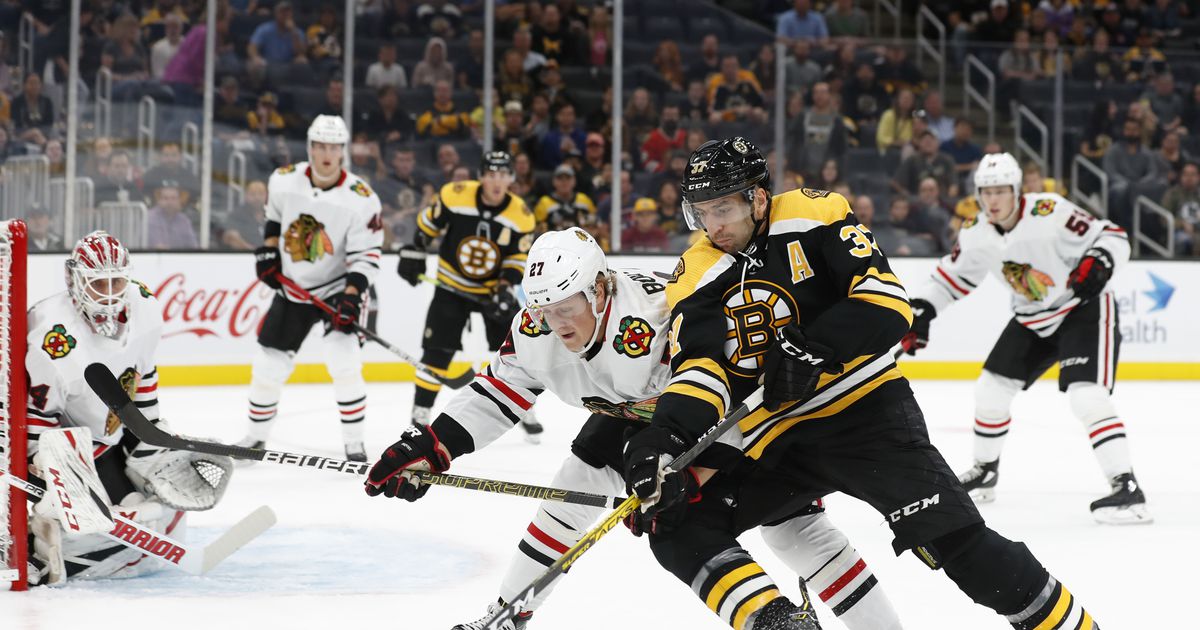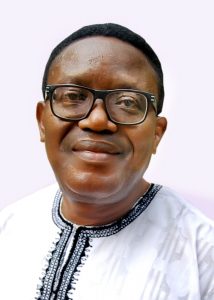Krejci may miss Bruins opener, Bergeron expected to be ready


BOSTON (AP) — A major part of the Boston Bruins‘ success the past several years has been their depth at center.
That depth might be tested early this season, with center David Krejci questionable for the Bruins’ regular-season opener at the Dallas Stars on Thursday.
Krejci, who suffered a lower-body injury and played just two shifts in a preseason game on Sept. 23, practiced Tuesday. But he didn’t take contact and general manager Don Sweeney left open the possibility that the Bruins won’t have Krejci against the Stars.
“It’s to be determined still,” Sweeney said. “He worked his way back up there for sake of a practice, and he’ll continue to do the same. So we’ll re-evaluate every day. He’s possible.”
Krejci said he’s making progress.
“It was a good day today, for sure,” he said.
Fellow center Patrice Bergeron was slow in returning from a groin injury during training camp. But he made his preseason debut in Boston’s last exhibition game and is expected to be ready against Dallas. When healthy, the Bruins’ center quartet of Bergeron, Krejci, Charlie Coyle and Sean Kuraly is one of the best in the league and was important in the Bruins reaching Game 7 of the Stanley Cup Final last season.
The Bruins got by last season without Bergeron for 16 games and Kuraly for 10, in addition to tens of man games lost by their defensemen, and finished tied for second in the NHL overall standings with 107 points.
Bergeron had 79 points (32 goals, 47 assists) in 65 games. Krejci had 73 points (20 goals, 52 assists) in 81 games, Kuraly had 21 points (eight goals, 13 assists) in 71 games and Coyle had six points (two goals, four assists) in 21 games after joining Boston in a February trade from the Minnesota Wild. But Coyle showed more of his abilities in the postseason, getting 16 points (nine goals, seven assists) in 24 games.
“I think it was a factor last year for our hockey club, the success we had,” Sweeney said. “All those guys can help drive a line. . Charlie Coyle is the same way, Sean Kuraly is the same way. They have roles, they have responsibilities and standards that (coach) Bruce (Cassidy) holds them to each and every night.”
Bruins president Cam Neely said: “I really like the fact that when we’re on the road, Butch (Cassidy) (doesn’t) worry as much about matchups based on what Kuraly can do, when he plays against top lines. That line is pretty solid for us. So I think it gives Butch a lot more flexibility because of the depth we have down the middle.”
As expected, defensemen John Moore (shoulder) and Kevan Miller (knee) won’t be healthy to start the season. Forward Joakim Nordstrom (foot) had a setback during training and probably will also start the season on the sideline. The only two new faces expected on the roster Thursday will be forwards Brett Ritchie and Par Lindholm.
“Well I thought we were a successful team last year and we have a motivated group,” Sweeney said. “We did feel like our depth and organizationally we’re going to continue to get stronger, so we feel that we have internal competition, we have players that can come up and do the job. We’ve been testing that over the last few years and had some success but also had some failures as well, and trying to learn from it.”
NOTES: Nothing has changed as far as the way the Bruins are being run since the Boston Globe reported last month that owner Jeremy Jacobs had passed on control of the team to his six children, team officials stressed Tuesday during a news conference. “It’s been magnified and maybe misrepresented,” Jacobs said. “There was a trust made recently that put the Bruin asset into a beneficiary so when I croak, it will be the next generation. Nothing has changed as far as positions and authority and responsibility. I still will be in the same position.” Bruins CEO Charlie Jacobs, the youngest of the six children, confirmed that it’s been business as usual for the team. Two brothers, Louis and Jerry, are the only other offspring currently involved in the family business. “But as for a decision-making process, most of our decisions are collaborative, unless of course our chairman has a thought, and of course we do what he tells us to do,” Charlie Jacobs said.






